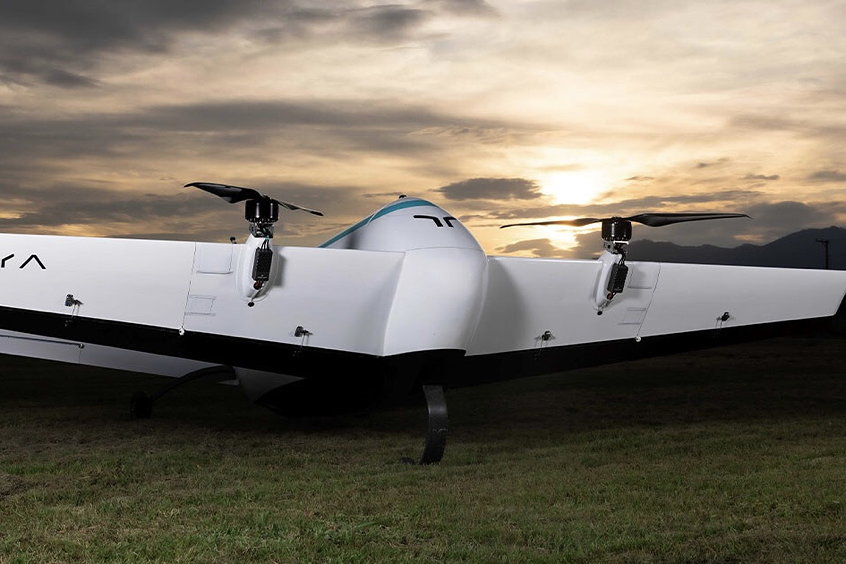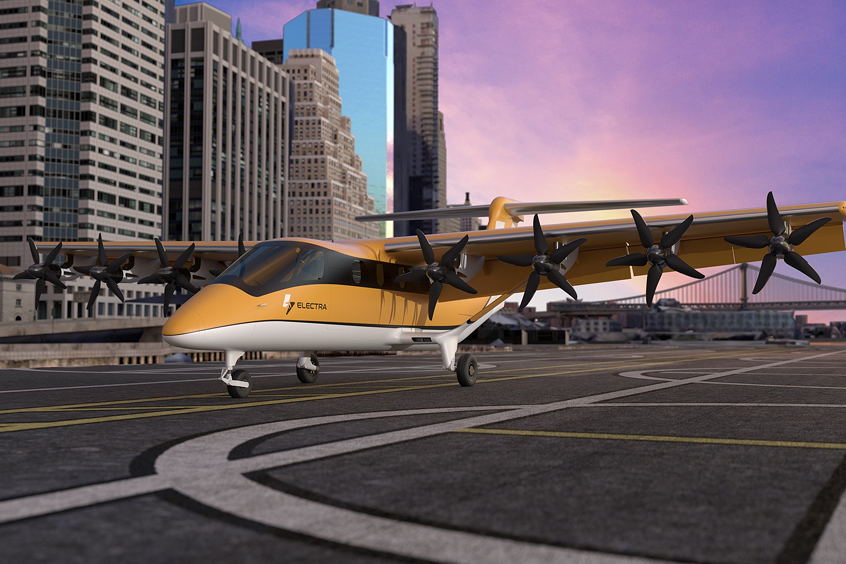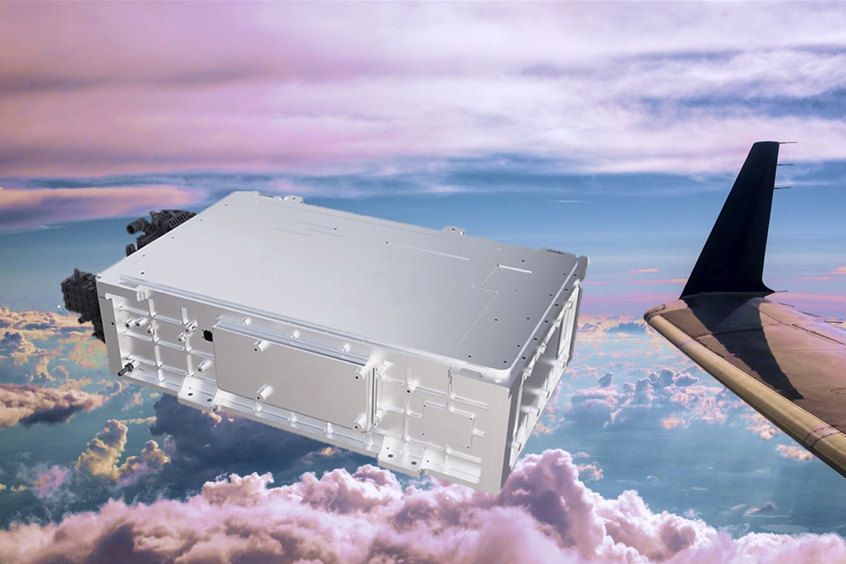Embraer and EDP, a Portuguese energy company with business in Brazil, have signed a partnership for electric aircraft research. Through its EDP Smart division, EDP announced a financial contribution for the acquisition of energy storage and battery charging technologies for Embraer's all-electric demonstrator aircraft project, utilizsing the EMB-203 Ipanema as its test bed. The prototype, which is already in development, is scheduled to complete its inaugural flight in 2021.
The investment is part of the cooperation agreement signed by both companies to advance their shared knowledge of energy storage and battery charging technologies for aviation - one of the main challenges of the project. The partnership aims to investigate the applicability of high voltage batteries for the electric propulsion systems of small aircraft, in addition to evaluating the main operating characteristics, such as weight, efficiency and power quality, thermal control and management, cycling loading and unloading, and operational safety.
"Embraer's history of creating strategic partnerships through agile cooperation makes us one of the most recognized Brazilian companies for stimulating global knowledge networks, which in turn significantly increases the country's competitiveness," says Luis Carlos Affonso, Vice President of Engineering and Corporate Strategy. "It is a pleasure to welcome EDP into this scientific research endeavor designed to build a sustainable future. Innovation is one of the pillars of Embraer's new strategy for the coming years."
"EDP aims to lead the energy transition to a low carbon economy. Our partnership with Embraer in the development of the company's first 100% electric demonstrator aircraft represents a new frontier for our investment in electric mobility, which helps to position Brazil as a leading player in this market," says Miguel Setas, President of EDP in Brazil.
Technological Cooperation
This proposal for the technological development of aeronautical electrification was initially created as a cooperation between Embraer and WEG, in May 2019. The project was developed as an effective and efficient instrument for training and for the maturation of technologies prior to their application in future products.
The scope of the partnership with EDP is to develop shared research in the storage of high voltage energy, complementing Embraer's ongoing research. These research and development initiatives seek to accelerate the combined knowledge of the technologies necessary for the use and integration of batteries and electric motors in order to increase the energy efficiency of the propulsion systems of aircraft.
For the evaluations, a small single-engine aircraft is being used as the test bed to perform a primary assessment of electrification technologies. Ground tests have taken place at Embraer's facilities in Botucatu, in the interior of Sao Paulo, in preparation for the first flight, which will take place at Embraer's Gaviao Peixoto unit.
Electrification is just one project in a series of initiatives being developed by Embraer and the entire aeronautical industry aimed at ensuring the commitment to environmental sustainability, as already exemplified by biofuel developments to reduce carbon emissions.
EDP has a global commitment to electrify 100% of its fleet by 2030, as well as to develop new offers and commercial solutions that promote the energy transition. Last year, during Aneel's Public Call on the topic of Efficient Electric Mobility, the Company approved an investment of about R$ 50 million in projects, via a Research and Development Fund consisting of both corporate and partner resources.
| Contact details from our directory: | |
| Embraer SA (Agricultural Aviation) | Airframer |
| Embraer-Empresa Brasileira de Aeronautica S.A. | Airframer |
| Related aircraft programs: |
| Embraer Ipanema 203 |
Weekly news by email:
See the latest Bulletin, and sign up free‑of‑charge for future editions.

Altair collaborates with aerospace startup Moya Aero to develop eVTOLs

Electra reveals design for EL9 hybrid-electric aircraft
Piper Aircraft achieves AS9100 certification
